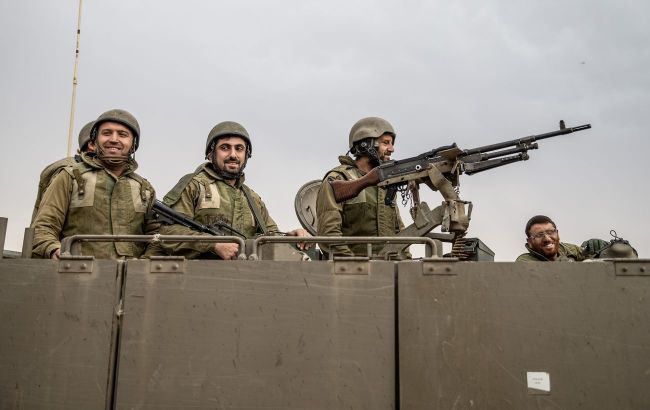Iran and allies seek to avoid larger-scale war with Israel, U.S. Intelligence reports
 Illustrative photo (Photo: Getty Images)
Illustrative photo (Photo: Getty Images)
So far, Iran and its allies are carefully assessing their response to Israel's military intervention in the Gaza Strip in a way that avoids direct conflict with Israel or the United States but still inflicts harm on their adversaries, according to the U.S. intelligence community.
The United States understands that Iran does not have complete control over its proxies, including Lebanon's Hezbollah, the largest and most powerful among them. Hezbollah is an ally of Hamas, which launched an attack on Israel at the beginning of October, positioning itself as an organization fighting against Israel.
U.S. officials are deeply concerned that the internal dynamics of these groups, particularly Hezbollah, could lead to an escalation of tension.
According to sources familiar with the workings of American intelligence in the region, the United States also does not always have full control over the communication between Iran and its various proxies.
"The problem is the proxies are not all equally deferential to Tehran — lumping them together is a mistake. The question is, if Hamas really looks like it’s in trouble, will Hezbollah and Iran agree on Hezbollah launching a full-scale attack to save Hamas or are they going to disagree — and I don’t think we know that yet," said Jonathan Panikoff, a former senior intelligence analyst specializing in the region.
Tehran is aware that if Hezbollah escalates the conflict with Israel or the U.S., it will likely provoke direct counterattacks against Iran, which could be devastating for them, says one American official.
According to his words, the lower-level attacks carried out by various proxy groups against Israel and the U.S. since October 7 have prompted the U.S. to deploy significant military forces and assets, and led Israel to concentrate its forces and munitions. These events have allowed Iran to appear as if it is "doing something" in response to the killing of Palestinians in the Gaza Strip, all to avoid direct conflict.
Ground operation by the Israeli army
At the beginning of October, Hamas militants launched a large-scale invasion of Israel. During the attack, they killed and abducted military and civilian residents. In response, Israel announced the start of Operation Iron Swords and began regular strikes on targets in the Gaza Strip.
On October 27, the Israeli army intensified its attacks on Gaza. The Israel Defense Forces also announced the expansion of the ground operation.
Today, Israeli Prime Minister Benjamin Netanyahu declared the start of the third phase of the military operation against Hamas. It involved an expansion of the ground incursion into the Gaza Strip.

